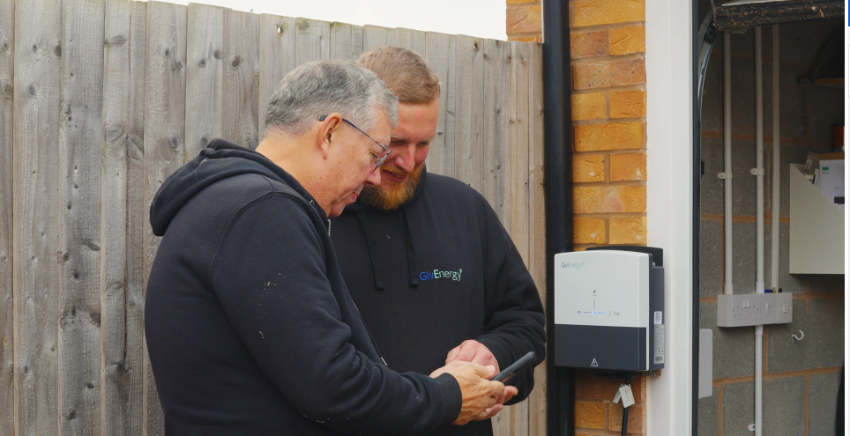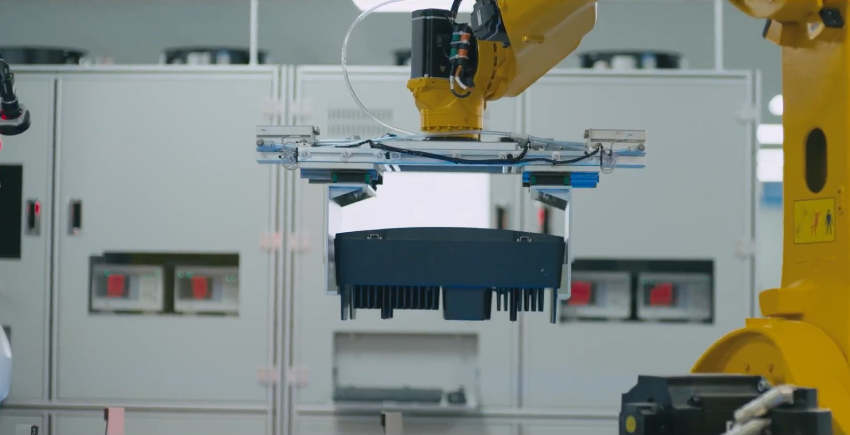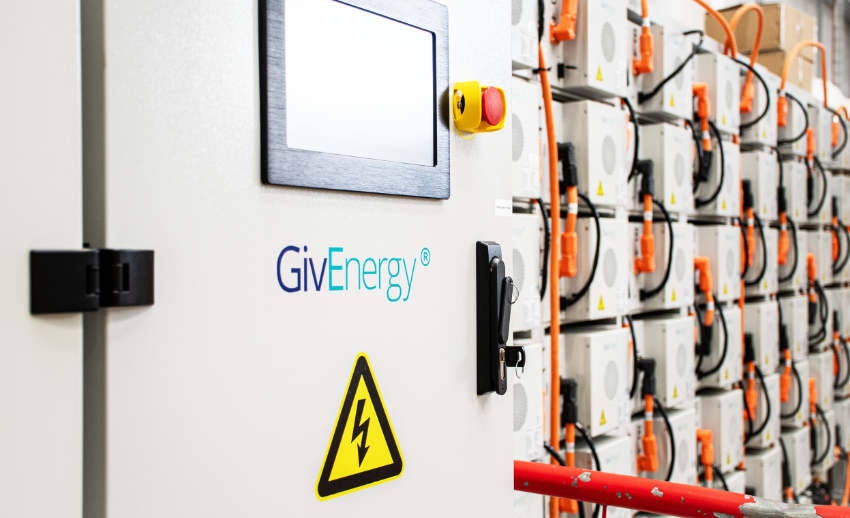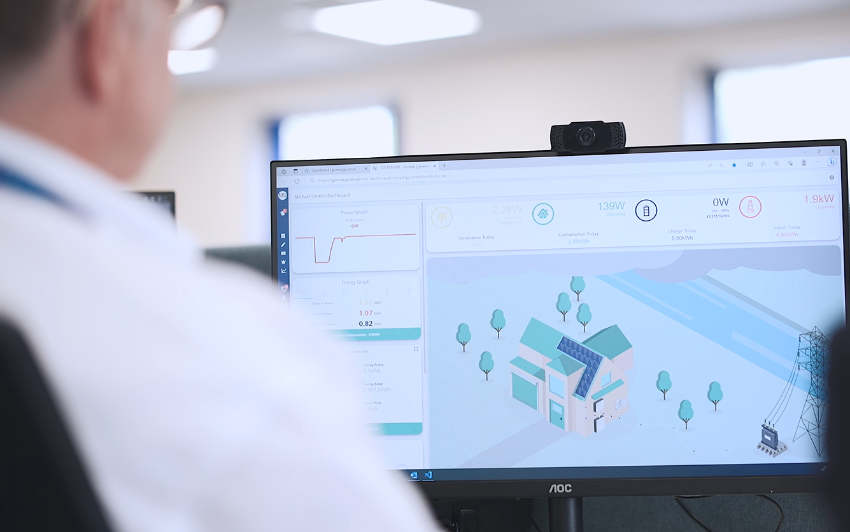GivEnergy is the UK’s no. 1 home battery provider – and growing worldwide. Their mission is to empower energy freedom for all. As part of that mission, they provide hugely popular battery storage systems that combine some of the smartest hardware and software in the game.
Interview with Roxanne Abercrombie, Marketing Manager at GivEnergy.
What are the main areas of activity of the company?
Roxanne Abercrombie: GivEnergy’s core business is battery storage. However, the company is about more than batteries alone. They also provide an end-to-end ecosystem of products – spanning inverters, battery systems, EV chargers, energy management app, grid services, and a host of supporting accessories.
Each year, the average GivEnergy customer saves 85% on their energy bills, and reduces their carbon emissions by 300kg. These kinds of figures are achieved through the exceptional quality of GivEnergy products – and made attainable through the accessible price they’re sold at.
What’s the news about new products/services?
R.A: In terms of the physical products, GivEnergy works hard to continually extend and improve its portfolio. The latest generation of batteries are much smaller and lighter than their predecessors – whilst packing a more powerful punch.
Outside of manufacturing advancements, our work with software is also incredibly exciting. For example, our batteries can directly plug into smart tariffs with multiple providers. Plus, we’re working with third-party APIs to participate in various flexibility schemes.
The potential of such initiatives to empower billpayers and accelerate the ROI of green energy is simply phenomenal – and definitely something worth excitement.

What are the ranges of products/services?
R.A: For residential customers, we offer a smart energy management ecosystem. Our inverter range comprises string, AC coupled, hybrid, single-phase, and 3-phase solutions alike. Meanwhile, our battery storage range spans everything from small home starter batteries, through to high-powered batteries for large properties, through to customisable stackable batteries. We also have an All in One solution that combines both a battery and an inverter in one integrated product.
Then, beyond these core technologies, we also offer a range of complementary solutions. These include, for example, the GivEnergy EV charger, smart plugs, and electrical accessories. Together, our services allow any customer, in any type of home, to take control of their energy spend end-to-end.
Beyond the residential market, our commercial solutions are just as flexible. We create entirely bespoke solutions to meet the customer’s capacity needs. This may comprise a PCS, any number of high voltage battery packs in custom racking, and one or even two-storey containers.
Plus, all GivEnergy hardware comes with our proprietary energy management software to empower management, monitoring, and ongoing optimisation of the system.

What is the state of the market where you are currently active?
R.A: Zooming in to this quarter, the UK market is currently fairly soft. During the winter months, appetite for battery storage technology typically declines. This is partly due to a reluctance to invest in installation projects before Christmas, and partly due to a prevailing misconception that batteries must be paired with solar PV.
Zooming out, however, the market for battery storage systems (and renewables tech in general) is only growing. Home batteries present a ‘no-brainer’ solution to many of the energy challenges faced by both billpayers and by the country at large. (Energy poverty, decarbonisation, grid stability – to list just a few!)
So, though seasonal demand is always variable, the overall adoption curve is very much climbing.
What can you tell us about market trends?
R.A: Market dynamics are changing. Traditionally, people would buy solar and then add a battery. Now, they increasingly buy a battery and then maybe add solar – taking advantage of smart time-of-use tariffs to gain access to cheap overnight energy. This drastically reduces installation costs and entry barriers to clean, low-cost energy.

Mounting spotlight on energy security is also a hot market topic. The increasing use of smart energy devices in UK households presents significant risks to the privacy and security of personal energy data. So, consumers are increasingly savvy when it comes to checking that their energy solution provider complies with GDPR and other relevant data protection legislation. (Partly why, in fact, GivEnergy and its UK-based software and data teams has such substantial market share in the UK.)
What are the most innovative products/services marketed?
R.A: Perhaps most innovative about GivEnergy solutions are their holistic ‘energy as a service’ (EaaS) package.
With a GivEnergy system, customers can strategically store, buy, and sell energy via automated algorithms, without lifting a finger. Should they prefer a hands-on approach, they can also manage their data and system at a granular level.
End users can effortlessly participate in flexibility schemes, take advantage of off-peak tariffs, and integrate into the energy market directly. All automatically and intelligently, and all with best-in-class data security plus a best-in-class data package. So, in short, the key innovation is in turning ‘dumb’ assets into a smart, interconnected grid.

What estimations do you have for the rest of 2024?
R.A: As the winter months progress, we’re likely to see exacerbated grid stability issues. Increasingly, this strained grid is propped up by batteries that form a series of virtual power plants across the UK. And, as a result, more and more battery owners are now signing up to flexibility schemes with energy aggregators to profit from exporting their stored battery power.
The broader effect is that batteries are increasingly being understood as a means to make money as well as save money – which will only further drive uptake.

